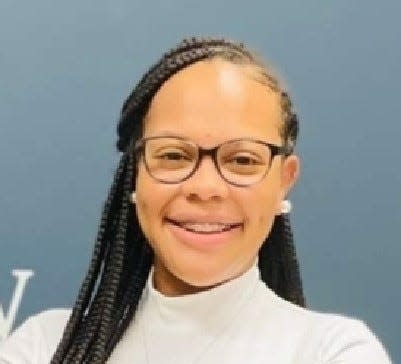Here's why studies show severe disparities in mental health outcomes for BIPOC communities
- Oops!Something went wrong.Please try again later.

In 2008, Congress formally recognized July as Bebe Moore Campbell National Minority Mental Health Awareness Month, now called BIPOC (Black, Indigenous and persons of color) Mental Health Month.
This month honors Campbell’s legacy as an author and advocate for the mental health needs of underrepresented communities and asks us to work together to address the challenges faced by BIPOC individuals to create a better future for all persons.
The BIPOC community has faced many obstacles and led the way for many societal changes through grassroots organizing, strong community bonds and historical resiliency. However, there are still areas where progress is needed, including in mental health care.
Studies have shown that there are severe disparities in mental health outcomes for BIPOC communities.
As an example, BIPOC and white populations tend to present similar rates of mental illness, yet BIPOC individuals have a higher probability of being disabled because of mental health disorders. Similarly, Black and Hispanic adults tend to have more persistent depression than white adults.
Members of BIPOC communities are also often underdiagnosed or misdiagnosed, leading to improper or incomplete treatment plans.
There are many issues that can contribute to these outcomes, including lack of insurance and access to mental health care providers, lack of shared language between patient and service provider, a distrust of institutions, stigma about mental health and/or seeking mental health care, and cultural misunderstandings from heath care providers.
The collective trauma of BIPOC communities is especially concerning. Studies have shown that past trauma can make you more vulnerable to mental illness and can directly cause PTSD.
During BIPOC Mental Health Month, and every day after, let us honor the work of Bebe Moore Campbell and support the BIPOC community by working to increase access to mental health care.
If you or a loved one is struggling with mental health challenges, professional help is available.
Valeo’s Crisis Center is open 24 hours a day, seven days a week for walk-in mental health emergencies. It is at 400 S.W. Oakley Ave. You can also call the Valeo Crisis Line, available 24 hours a day, at 785-234-3300.
Verlisa Cradle is a Valeo Behavioral Health Care board member.
This article originally appeared on Topeka Capital-Journal: Support BIPOC community by increasing access to mental health care